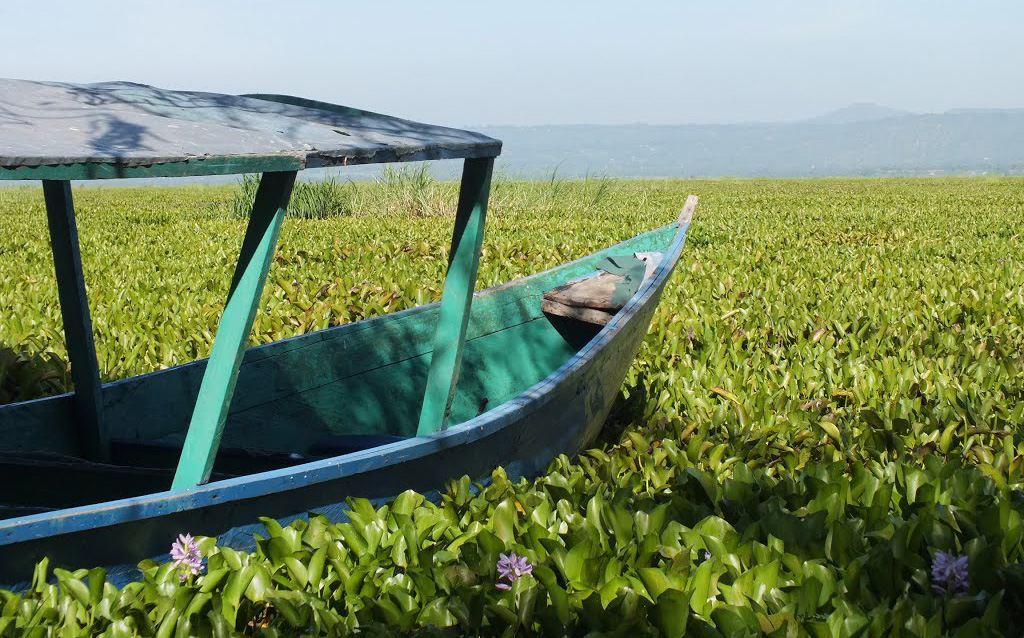Agroforestry and Reforestation in Kisumu, Kenya
Lake Victoria’s health is under pressure from floods, droughts, siltation, invasive species, and poor sanitation. A new valuation shows that climate-smart agroforestry and related NBI measures in Kisumu can restore ecosystems, build resilience, and deliver strong economic returns.





